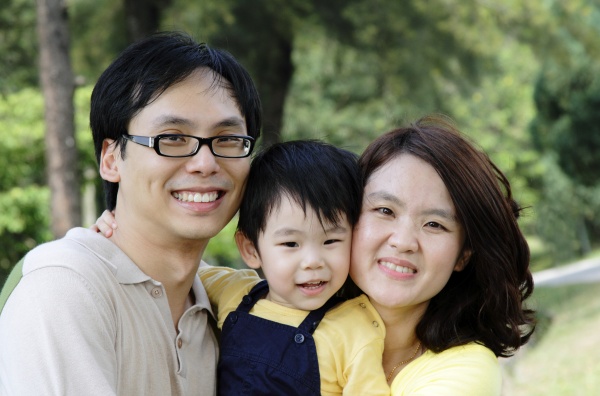A Provider of Pediatric Dental Care Warns of the Dangers of Baby Bottles

As a provider of pediatric dental care, we know that the bottle can be a baby's worst enemy. This may sound like an over-exaggeration, but in truth, when it comes to healthy teeth, taking a bottle of milk or juice to bed can be incredibly dangerous. In fact, the phrase, baby bottle tooth decay, is used to describe babies and toddlers who suffer from dental decay because of this nightly habit.
Why is it bad to take a bottle of milk to bed?
Milk is generally considered healthy, as the calcium and nutrients are good for babies and toddlers. But what is not good for them is having the sugar in the milk on their teeth all night long. Unfortunately, this is what happens when a child goes to bed with a bottle. They may drink from the bottle all night, depositing sugar on their teeth. The same is true for babies who nurse throughout the night. If their teeth are not brushed until morning or the next evening, the sugar will remain there and can lead to tooth decay.
Avoiding baby bottle tooth decay begins at home
As a provider of pediatric dental care, we recommend that parents brush their child's teeth thoroughly every evening. This should be done before they go to bed. Depending on the age of the child, a washrag, fingertip toothbrush or child-sized toothbrush may be used. Infant-safe toothpaste should also be used, since they are unable to spit it out.
After teeth have been brushed for the night, it is important for children to only drink water. If they are thirsty, which children often are, provide them with a bottle or sippy cup of water. This will ensure that their teeth remain clean while they sleep, and reduece the risk of decay.
A trip to our office will improve a child's health
While here, we will conduct an examination and clean their teeth. This allows us to remove the plaque and tartar that did not come off with teeth brushing at home. By professionally cleaning teeth twice a year, we can reduce the likelihood of a child suffering from dental decay or gum disease. This is important at any age, including during the toddler years. While some parents may not bring their child in until they reach school age, we invite parents to call us as early as when their child is a year old.
When children are young, most of our work is preventative. By cleaning their teeth and applying fluoride, we are able to reduce the likelihood of them developing tooth decay. If we notice any soft spots, we will begin to treat them. This is important because if a young child is experiencing tooth decay, it will spread if not treated. This can lead to further oral health problems, including infections. It is far better to simply treat teeth on a regular basis.
Schedule an appointment
We invite parents to call our office and schedule pediatric dental care. In addition to brushing teeth at home and preventing children from having bottles at night, this will help improve their oral health.
For more information or to schedule an appointment with Meshia Azad DDS, request an appointment in our Lake Forest dental office here: https://dgfw-test-textcontrast.dgdevnext.com. Or call us at (949) 625-1570.
Related Posts
Your child needs pediatric dentistry services. Caring for their mouth, teeth and gums is critical at a young age. You work hard to keep cavities, plaque, tartar and other issues at bay. If you place a significant emphasis on your health, you should do the same for your young family members. If your child needs…
Looking for more information on children’s dental care? Good idea. This information is especially beneficial for new parents, as they need to fully understand the dental care requirements recommended by dental professionals. There are dental guidelines in place that listWanting more insight on children’s dental care? When children are sitting in a dental chair, there…
From the first appointment, a Pediatric Dentist keeps in mind a pacifier or thumb sucking habit and watches the way your child's teeth and jaw develop. According to the American Academy of Pediatric Dentistry, sucking generally only becomes a problem if it continues after the age of 3. It is normal for children to suck on…
According to the American Academy of Pediatric Dentists (AAPD), parents should book dental appointments with a pediatric dentist for their children at least twice yearly, starting about six months, following the eruption of the first tooth. These two yearly dental appointments enable the pediatric dentist to watch the teeth development closely, examine any change in the…

